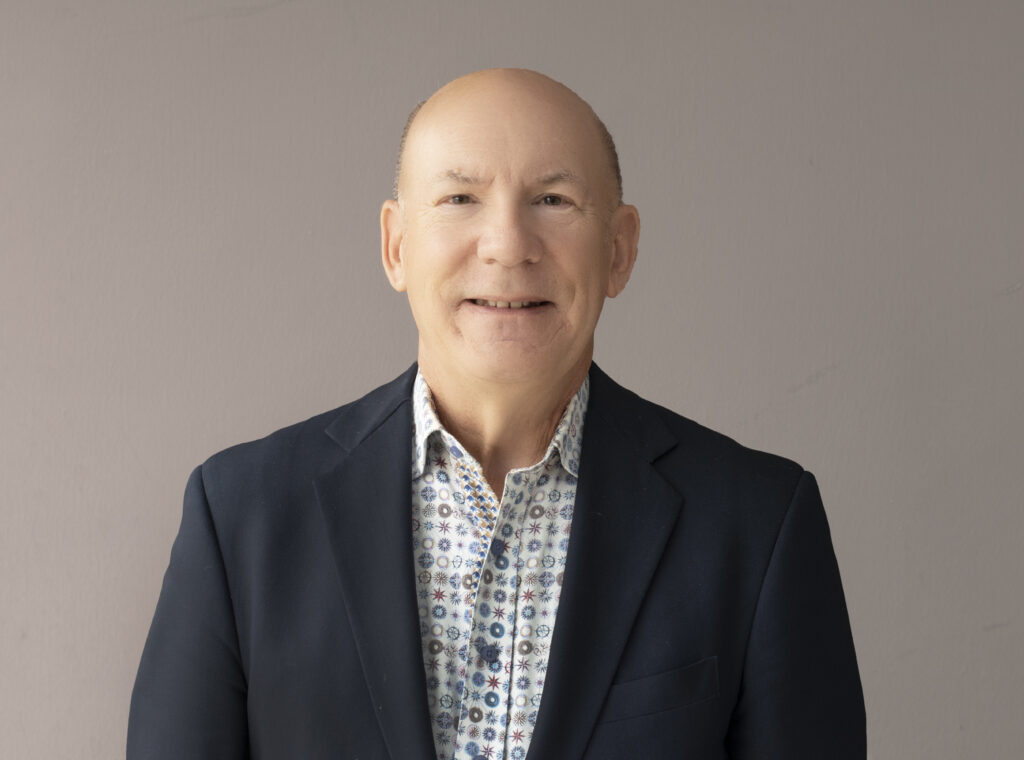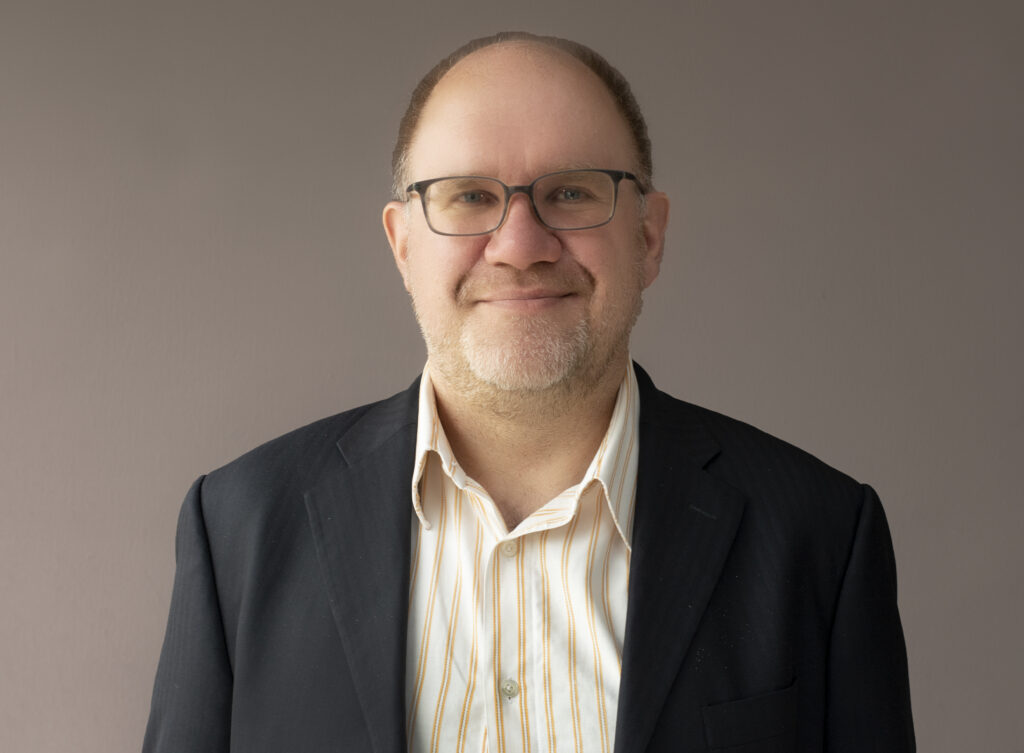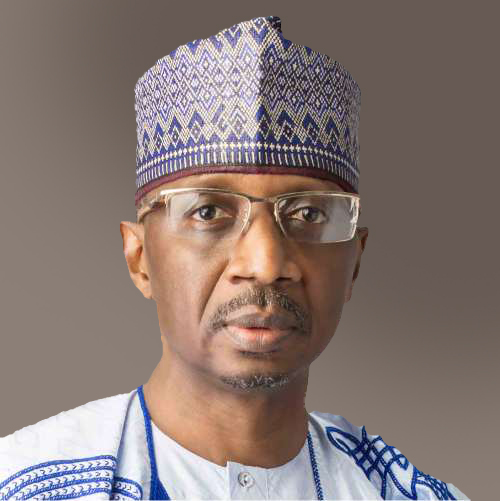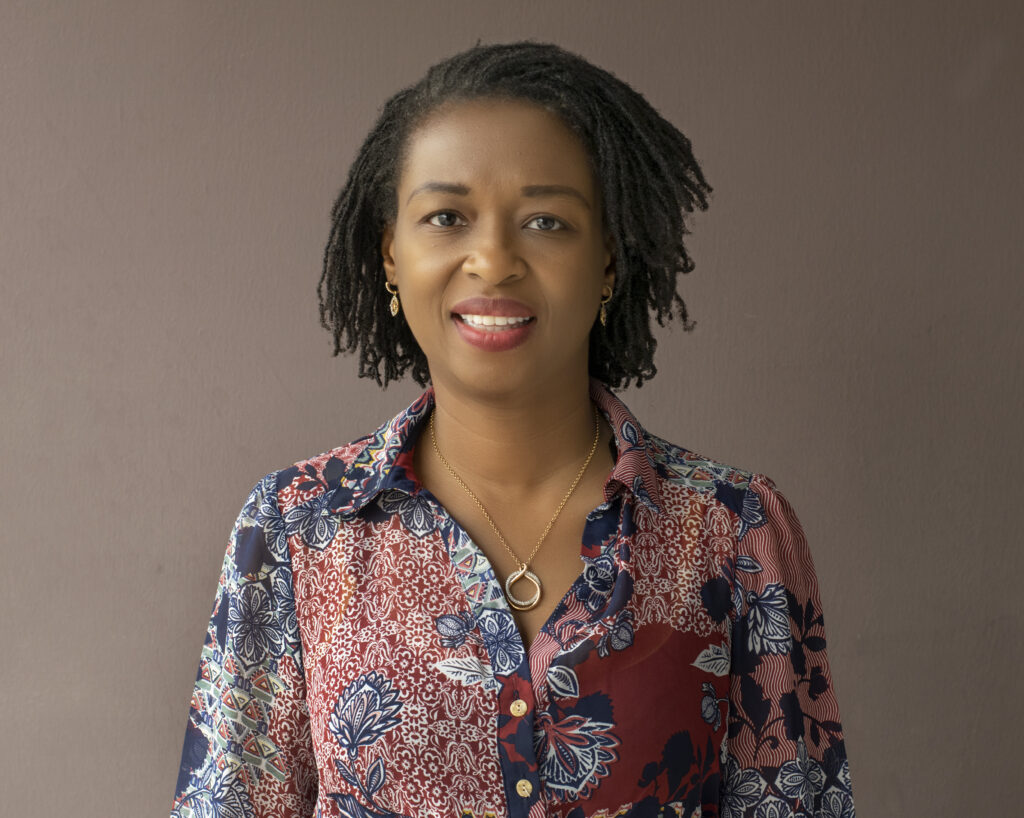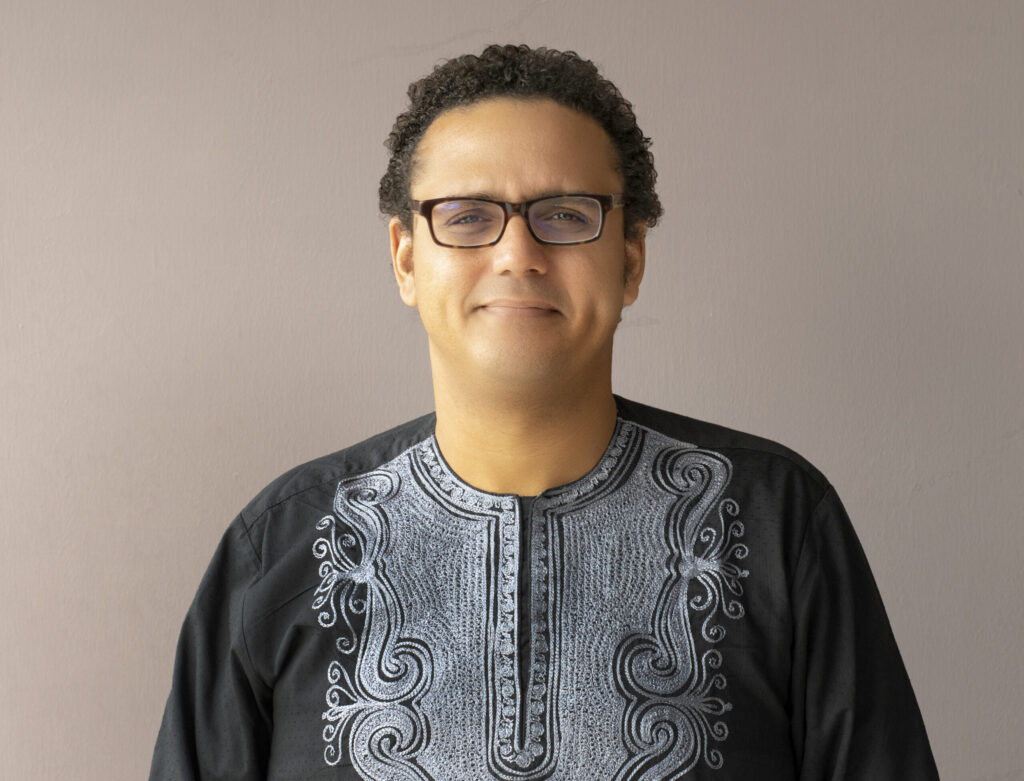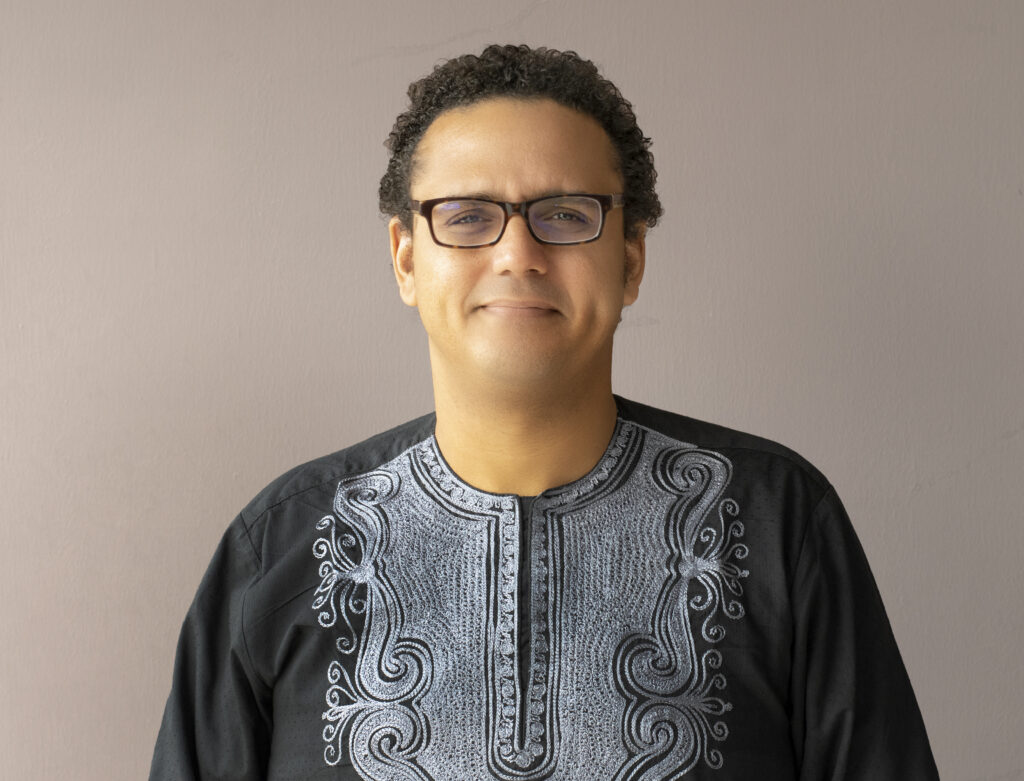
Women in Agriculture – Gender inequality is an issue that continues to pervade every echelon of society. Although several efforts have been made to extinguish it, gender inequality still eats deep into every corner of our society. The very fact that out of 195 countries, women head only 22, is one of many statistics that show gender inequality in all its glory.
A 2020 report by the World Bank group, studying equality patterns for the past 50 years, revealed that on average women have just three-fourths of the legal rights afforded to men. Furthermore, a 2019 United Nations Development Programmes (UNDP) Nigeria report showed women earn only 77 cents for every dollar that men earn for the same work and represent just 13 percent of agricultural landholders.
Similarly, the 2019 Global Gender Summit highlighted that “Women are responsible for 60% of work done globally, yet earn just 10% of the income and own 1% of the property“.
Gender equality remains a grey area in Africa, with lesser opportunities for women. There is a US$42 billion financing gap between men and women in Africa and 70% of women are excluded financially. The global COVID19 pandemic has only made matters worse, because women make up 70 per cent of the global healthcare workforce.
The United Nations’ Secretary General, Antonio Guterres, noted when commenting on the effects of gender inequality at the Opening of the 65th Session of the Commission on the Status of Women, that “compared to men, women are 24 per cent more likely to lose their jobs, and can expect their income to fall 50 per cent more steeply“.

From the foregoing, anyone can see that a major gap in gender equality exists and something needs to be done to bridge the gap. One of the ways Babban Gona is tackling this is by creating more opportunities for our female members and constantly advocating for them. Improving the lives of our members continuously drives us to innovate.
We are constantly looking for ways to enable our members to earn more income and use this increased income to better their lives. In line with the Sustainable Development Goal for Gender Equality, we launched a new structure of our flagship Women Economic Development Initiative (WEDI) Program. It also serves a means to encourage the participation of women in agriculture.
The Program recorded overwhelming success and scaled to supporting 18,500+ female entrepreneurs compared to 1,200 in 2018. Under the new structure, the female entrepreneurs receive training and choose from a wide variety of fast-moving consumer goods to retail. The ability to select from a wide range of products allows the women better cater to the specific demands of their local populations.
Training sessions were delivered to the women by female instructors, and easy-to-understand manuals were distributed to upskill the women on choosing products to retail, customer relations, business growth and sustainability, and basic business etiquette. Additionally, in an effort to streamline the program, and make training and resources easily accessible, we provided 26 different locations where the women could attend their training sessions as well as pick up their credit packages.
Women’s equal participation remains the much-needed game changer in Africa. There is a world of research evidencing that women’s participation ensures greater economic outcomes, promotes greater investment in social protection, encourages more sustainable peace and enhances the overall improvement of the society.
This is also visible from current happenings, as various women’s organizations have spearheaded communal based projects in order to tackle the negative effects of the COVID19 pandemic, tailoring each response in line with the needs of the particular community. Women are indeed indispensable in economic, social and political growth and this forms the basis of WEDI activities.
